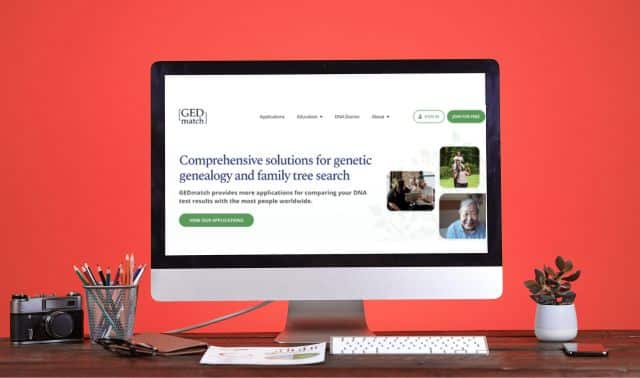Sign up for the Family Tree Newsletter Plus, you’ll receive our 10 Essential Genealogy Research Forms PDF as a special thank you!
Get Your Free Genealogy Forms
"*" indicates required fields
Online genealogists are used to seeing historical record databases for North America, much of Europe and even Australia. But what about the rest of the world? Until fairly recently, the pickings have been slim for those with ancestors from Asia, Africa, or Central or South America.
According to an estimate from FamilySearch, the nonprofit genealogical arm of the Church of Jesus Christ of Latter-day Saints, 40 percent of the world’s people have no written family history. In some areas, older records simply don’t exist or can’t easily be digitized. “Some African countries have been keeping government civil registration—births, marriages and deaths—for only a few decades,” explains Trish Tolley, content strategist for FamilySearch International. Even then, record keeping programs may have been stopped and restarted. Other areas have faced the destruction of records in events such as China’s Cultural Revolution in 1966.
Buoyed by its religious mission to connect people around the globe with their ancestors—and unconstrained by the need to gain a financial profit from first-world audiences—the nonprofit FamilySearch has become a pioneer in efforts to digitize records of genealogically underserved populations.
“Records that are far outside the North American and European view of the world often aren’t well-inventoried in their respective archives,” Tolley adds. FamilySearch’s records experts visit archives around the world, locate any existing inventories and compare them with the actual collections. Local cooperation is key to digitizing records anywhere, but especially in developing and non-Western regions. Archives in Guatemala and the Dominican Republic have helped to physically gather records to make digitization easier. Digitization of Chinese genealogies, arguably the country’s most important record set, has the support of the Shanghai Library as well as antique book dealers who allow Chinese genealogy volumes to be imaged before sending them to buyers.
This year FamilySearch has added or updated online collections for six countries in South America, and the African countries of Liberia and South Africa. Content from Asia includes Chinese genealogies and civil service exams (used to select job candidates), Hindu pilgrimage records from India, Philippines civil registrations and Japanese genealogies and village records. The free FamilySearch.org website supports 10 languages, including Latin-based, Cyrillic, Korean, Japanese and Chinese languages.
Large commercial websites Ancestry.com, MyHeritage and Findmypast have formed resource-sharing partnerships with FamilySearch to beef up their own global content. In addition, MyHeritage has launched its Tribal Quest initiative to record the family histories of indigenous communities in Namibia and Papua New Guinea. The MyHeritage site supports its global diversity of family trees with a 42-language interface. Ancestry.com has added Mexico to its list of foreign-language sister sites, and in February expanded its autosomal testing services to markets across Europe and Asia.
Those with roots in hard-to-research places should look beyond genealogy database sites to national libraries and archives. For example, the Latvian State Historical Archives Raduraksti project provides access to records such as church books and household registers. The Russian Federation Ministry of Defense sponsored a memorial website that now indexes nearly 17 million records of Soviet Soldiers who died in WWII <www.obd-memorial.ru/html/index.html>. You can find links to government archives in the FamilySearch Wiki (find it under the site’s Search tab), which has pages on doing genealogy in more than 250 countries and historical regions. Visit international sites using the Google Chrome browser for automated translations.
ADVERTISEMENT




